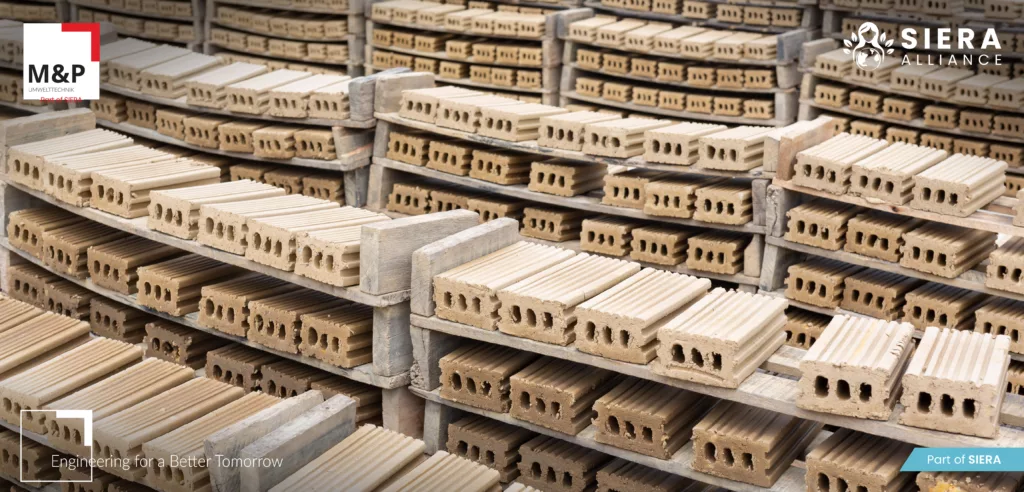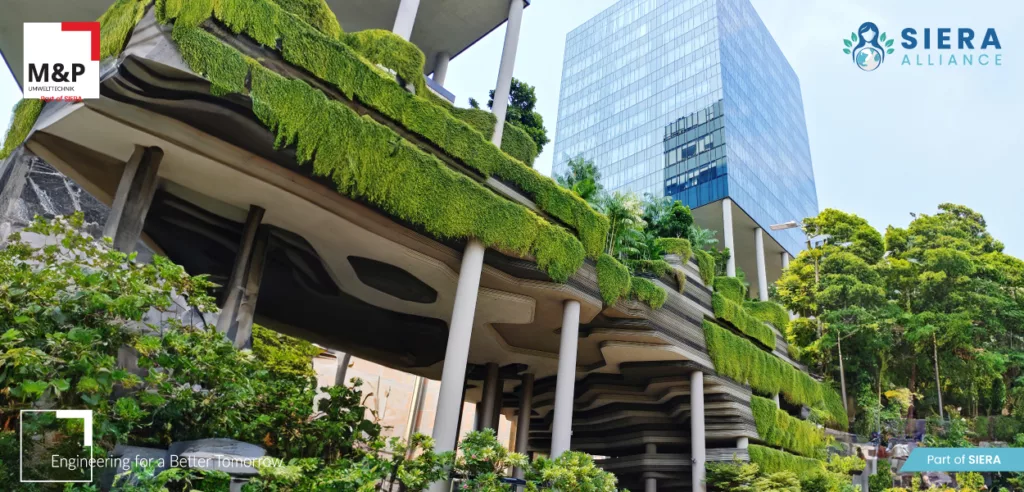Introduction
The demand for sustainable construction is no longer a trend but a necessity. With rising environmental concerns, stricter regulations, and increased awareness among stakeholders, the building sector is shifting toward eco-friendly, resource-efficient solutions. Green construction emphasizes minimizing environmental impact, optimizing energy and water usage, and ensuring healthier living spaces.
At the forefront of this transformation, MUP Umwelttechnik – part of SIERA – is helping organizations achieve sustainable building outcomes through engineering, consulting, and innovation. Their holistic solutions align with the core principles of green construction while offering customized support for projects across industries.
Why Sustainable Materials Matter
Choosing the right materials is central to sustainable construction. These materials reduce carbon footprints, improve durability, and support circular economy goals. Some of the best materials currently transforming the industry include:
- Bamboo – Rapidly renewable, lightweight, and highly durable.
- Recycled Steel – Strong, versatile, and reduces the need for virgin ore mining.
- Cross-Laminated Timber (CLT) – A renewable alternative to concrete with excellent load-bearing capacity.
- Low-VOC Paints & Finishes – Improves indoor air quality and reduces harmful emissions.
- Reclaimed Wood & Bricks – Promotes reuse and lowers waste generation.
- Insulating Concrete Forms (ICFs) – Enhances energy efficiency through superior thermal performance.
- Green Roof Systems – Adds insulation, reduces stormwater runoff, and supports biodiversity.

The 7 Principles of Green Construction
- Energy Efficiency
Designing buildings that minimize energy consumption through renewable sources, smart insulation, and efficient HVAC systems. - Water Conservation
Utilizing greywater recycling, rainwater harvesting, and efficient fixtures to optimize water usage. - Material Sustainability
Prioritizing recycled, renewable, and low-impact materials to reduce embodied carbon. - Indoor Environmental Quality
Ensuring natural light, proper ventilation, and low-emission finishes for healthier living and working spaces. - Waste Reduction
Applying circular economy principles – recycling, reusing, and upcycling materials during construction and operation. - Resilient Design
Building structures that can adapt to climate change impacts, extreme weather, and long-term sustainability challenges. - Innovation & Smart Technology
Leveraging IoT, AI-driven monitoring, and digital twin technologies to optimize building performance over its lifecycle.
How MUP Umwelttechnik Supports Green Construction
MUP Umwelttechnik provides specialized expertise to align projects with sustainable building standards. Their services include:
- Sustainability Consulting – Tailoring strategies for energy, water, and material efficiency.
- Environmental Engineering Solutions – From contaminated site remediation to renewable energy integration.
- Project Management – Ensuring compliance with ESG frameworks and EU sustainability regulations.
- Innovation Advisory – Guiding clients in applying digital technologies and green innovations.
Through their work, MUP Umwelttechnik helps clients turn sustainability commitments into measurable outcomes, ensuring that every project contributes to Engineering for a Better Tomorrow.
Conclusion
Sustainable building is more than an environmental responsibility—it is an investment in the future. By using eco-friendly materials and following the 7 principles of green construction, developers and organizations can create buildings that are resilient, efficient, and future-ready.
With expert guidance from MUP Umwelttechnik – powered by SIERA –, the journey toward sustainability becomes not just achievable but strategically advantageous.
Take the next step in sustainable building. Discover MUP Umwelttechnik’s services here.












